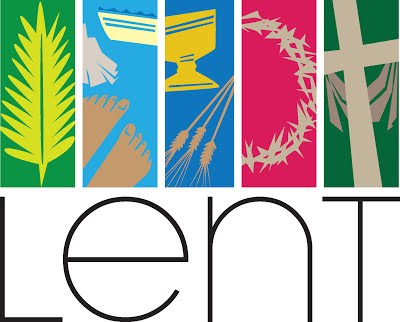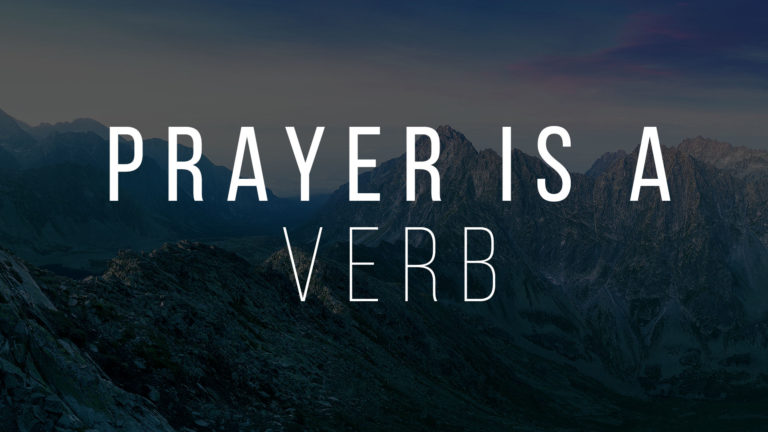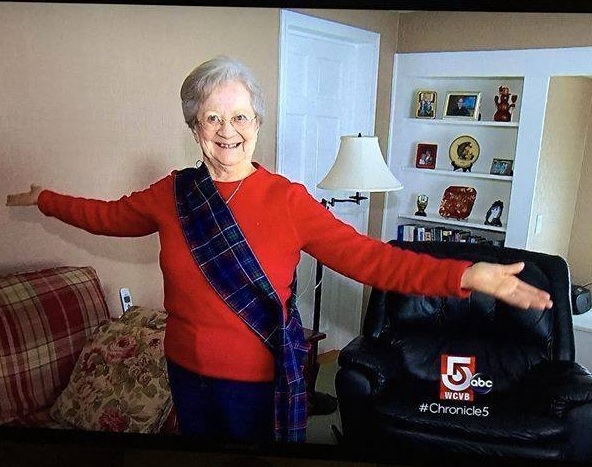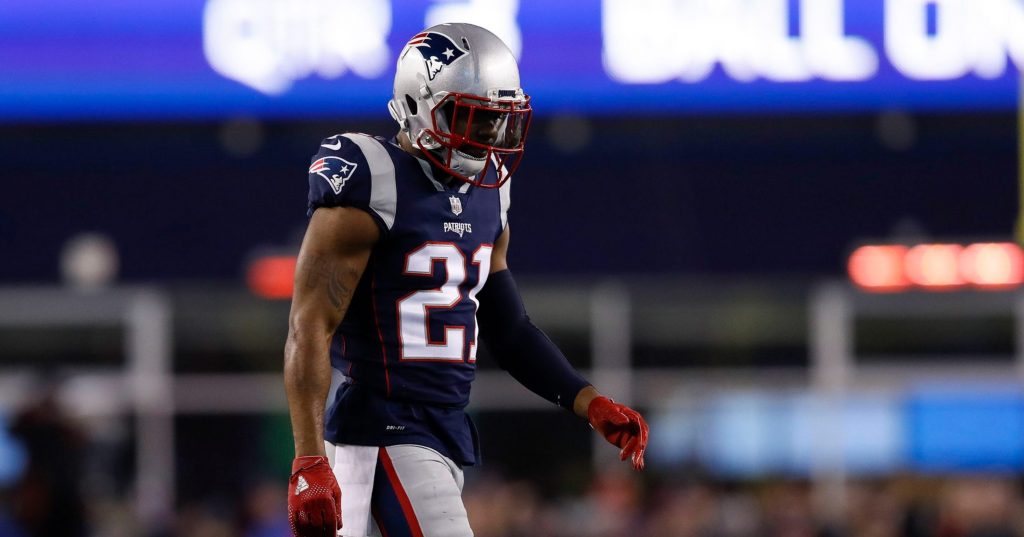After the Israelites had been freed from their bondage, Moses led them out into the wilderness in search of the land of milk and honey. Along the way, God called Moses up the mountain, and there God wrote his law on stone tablets. This law was their guiding principle that would set their feet on the right path and lead them into that land of milk and honey.
So precious were these stone tablets that they enshrined them in a gold ark that was carried with them wherever they went. The ark was placed in a special tent where watchmen would keep constant vigil so no harm would come to them. When they finally were able to enter Jerusalem and built the temple, the ark was the centerpiece of the temple and set in the holy of holies. The law was in the temple, and that was where God would dwell, in the temple.
Then along comes the Babylonians who destroyed the temple, killed their king, and stole the tablets of the law, these tablets would never be seen again. Understandably they people were quite upset and in despair. These tablets represented the covenant relationship between God and the people, and now that the tablets were gone they felt that the covenant had been broken. What were they to do?
Today’s passage from the mouth of the Prophet Jeremiah comes after this period when the people are in their darkest moments. Jeremiah, like all of the prophets, comes to preach the Good News, to bring God’s word to those who will listen. Not all of the prophets were met with enthusiastic praise, but they kept at it because God called them.
Jeremiah speaks of a new covenant between God and his people, but some were confused about this. If there is a new covenant that assumes that the old one has passed away, and that is precisely what Jeremiah is telling the people.
The people needed the visual evidence of the covenant, and that evidence was gone. The best modern example of this would be the Declaration of Independence. Many of you might have gone to Washington, DC and visited the Declaration housed in a beautiful building. So precious is this document that it is enshrined in a gold case, behind bulletproof glass, with climate control. So precious is this document that at night, or others times of trouble or natural disaster, the document is lowered by elevator from its display case to a vault well below ground.
In a very real sense, the Declaration of Independence is a covenant between the people of the United States and their government. It spells out for us our responsibility and that of the government we put into power. However, if that document was to disappear one day the United States of America would not cease to exists because the idea and the ideals of America are not just a piece of paper or a piece of cloth, the ideals are enshrined in us, the people, and that is precisely what Jeremiah is telling the Israelites.
Jeremiah is telling them that they no longer need the symbol, the tablets, the golden ark, or even the temple because God is making a new covenant with them that will be in their hearts. No longer will they find God in the law but they will have a much more intimate relationship with God a more personal relationship with God not just a relationship in a building, but in their hearts the very center of their being. God desires to put his law within them and to write it on their hearts.
But the story does not end there.
God sends his son Jesus into the world to remind us, not of the legal ramifications of that law but he comes to remind us that God dwells in every heart. That God’s promise also involves repentance and forgiveness for everyone and Jesus boldly proclaims this when he says he has come to fulfill the law and the covenant. You see the original promise that Jeremiah spoke about becomes fulfilled in Jesus Christ with his very life.
Jesus is the last of the prophets and comes to complete the work that had begun. God wrote the law on stone tablets, then God wrote the law in their hearts, then God sent his son to fulfill the law with his blood and that law reminds us that we are to love God with our entire being and we are also to love our neighbor and Jesus tells us that on these two, what he calls the greatest commandments, hang all the law and prophets.
No longer do we need temple sacrifice as mediation between us and God we have the perfect mediator, God’s son who mediates for us. No longer do we have the strict code of stone tablets for we have a covenant, the very love and essence of God, written in our hearts love God and love neighbor.
But it does not end there, and it does not merely end with Jesus because now that we have the covenant written on our hearts we have become prophets, and we must take this message of love and hope out into the world. We must extend the love of God not by some strict adherence to a law of stone, but by the love shown from a heart of flesh a heart that cares about others and helps and guides them along the path that God has shown us in the life of his son. Strict adherence to the law means, just as Jesus taught us, we love all and forgive all.
Let us pray:
Holy God, by the cross and resurrection of Jesus, you lift the suffering world toward hope and transformation and open the way to eternal salvation. As we move ever closer to the passion of Christ, may your law of love be written on our hearts as he draws all people to himself revealing your love for the world. Amen.









